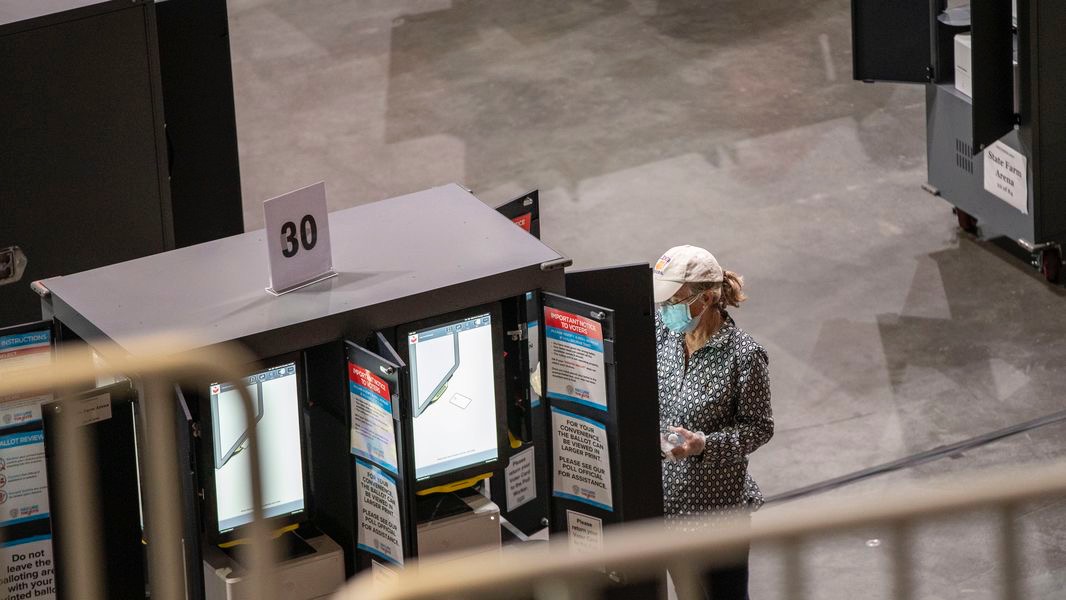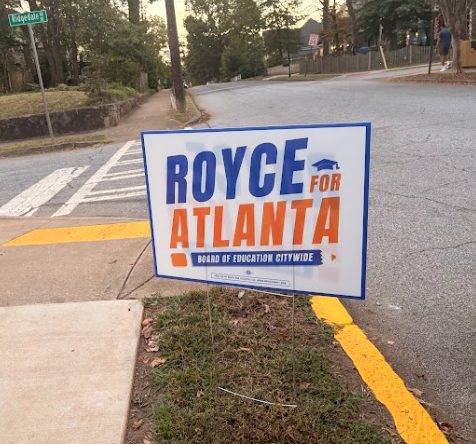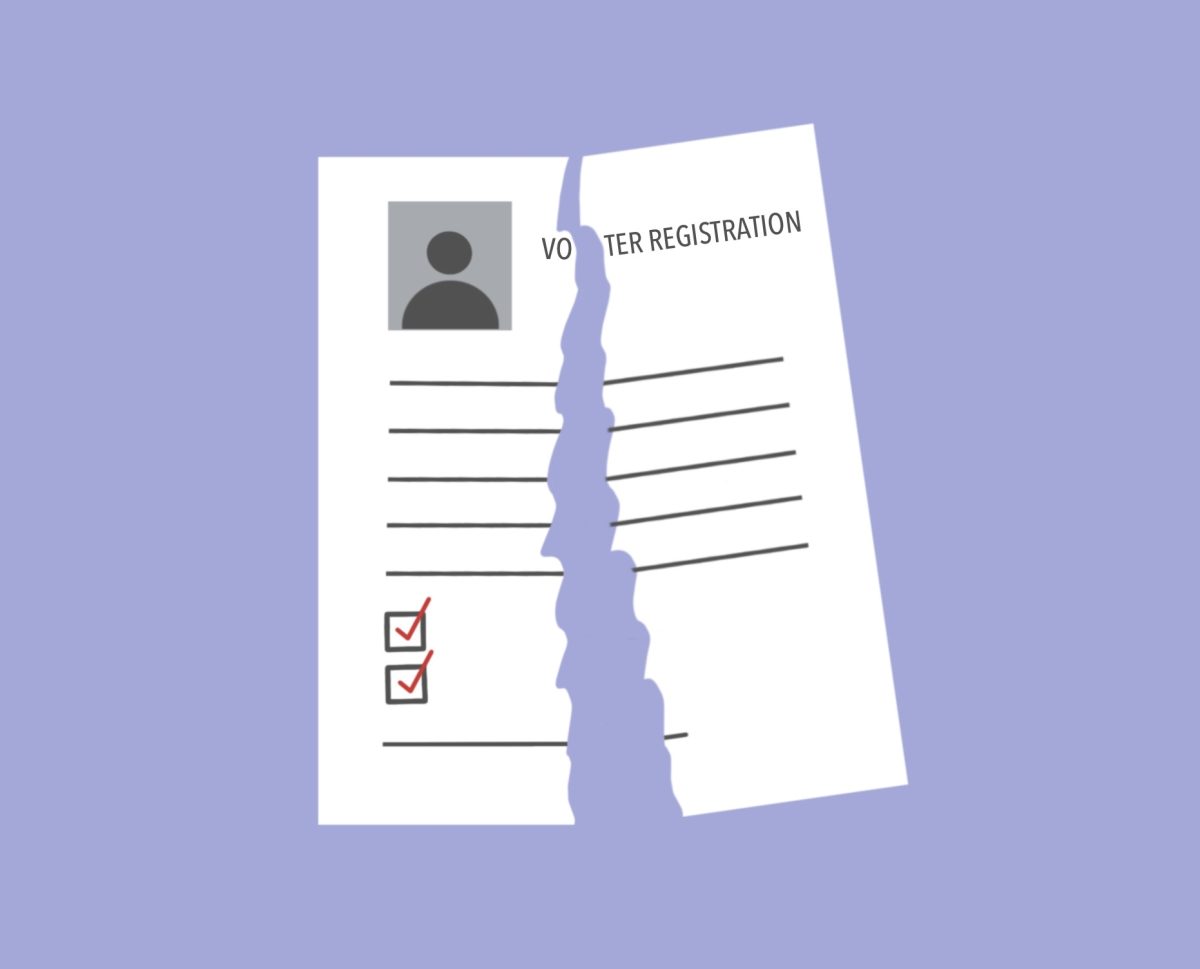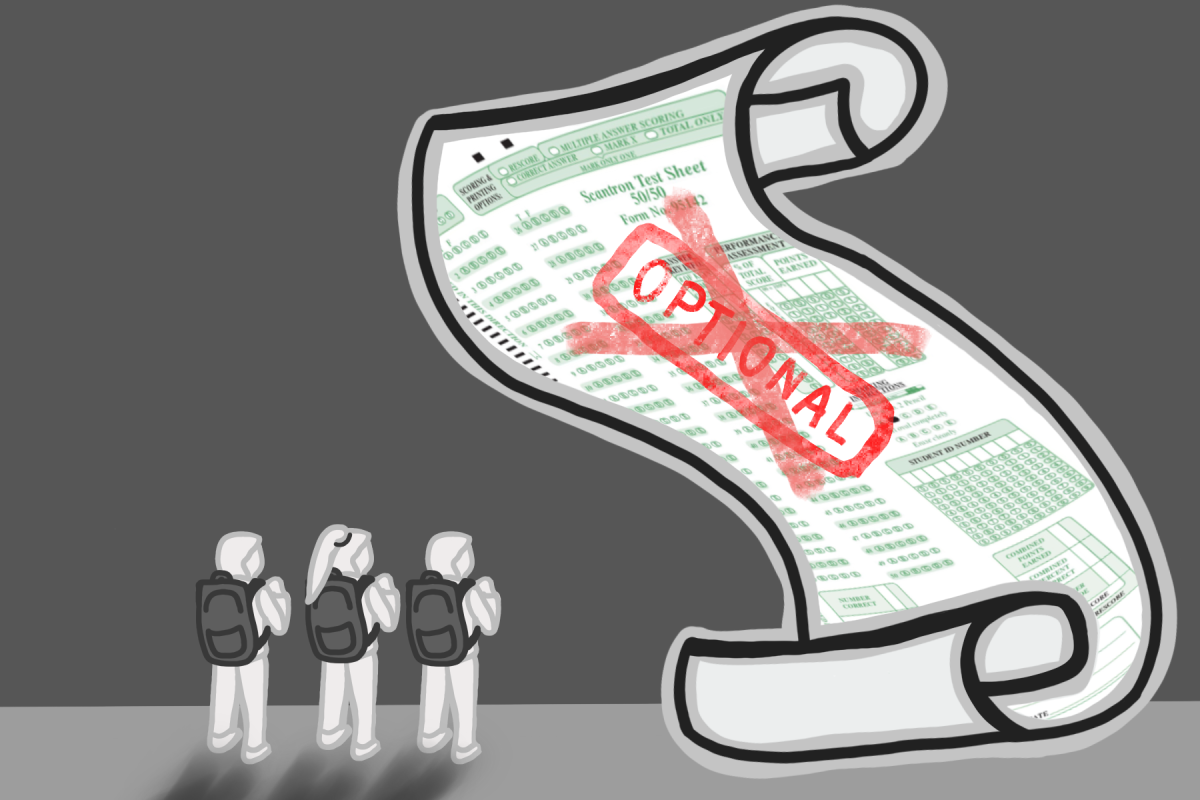The U.S. District Judge Amy Totenberg has declined to block the use of Georgia’s electronic voting system, closing an eight-year-long lawsuit, which alleged the system was vulnerable.
The case debated whether the use of Dominion Voting Systems electronic voting machines provides enough transparency and security to maintain voter confidence. Despite her closing the case, Totenberg, who could not be reached for comment for this article, acknowledged vulnerabilities in Georgia’s reliance on electronic ballot-marking devices, such as the capacity for foreign interference and domestic distrust in election results.
Marilyn Marks, executive director of the Coalition for Good Governance, a plaintiff in the lawsuit, explains that the electronic voting system is unique only to Georgia and a few other states. The majority of states use hand-marked ballots instead, for a variety of reasons.
Attempts to contact Secretary of State Brad Raffensperger and Judge Amy Totenberg via email and postal mail for this article yielded no response.
“Georgia choses to do a very different type of system that is far too complex,” Marks said. “What happens when you go to vote in Georgia is they don’t give you a pen and ballot, instead they have you enter your vote on a touch screen machine, which then converts your vote into a QR code.”
The issue lies in the QR codes and the electronic security of the machines, Marks says. Once the vote is turned into a QR code, there is a possibility for manipulation of the code, with no way to check for such changes.
“The code is actually what is counted [as a vote], not the printed text,” Marks said. “In the Georgia system, it’s been proven that it is very easy to hack the QR code so that you can change what the vote is.”
Atlanta resident and former Emory law professor Nat Gozansky, believes the decision is troubling, and does not represent the facts of the case.
“I’m not confident in her ruling,” Gozansky said. “There was expert testimony from very highly regarded engineers that the machines were easily hacked. This ruling does set a precedent and I’m not understanding how she [Amy Totenberg] came out the way she did.”
Pamela Smith, the president of Verified Voting, an organization that aims to strengthen democracy by promoting the responsible use of technology in elections, said her organization believes that despite the judge’s ruling, there are still gaps in Georgia’s ability to conduct secure elections.
“By themselves, election systems are not secure and there are elements that can be applied that make them more secure,” Smith said. “Those can provide confirmation that at the end of the day, the outcome [of the vote] was right. But I think Georgia has work to do there.”
This sentiment stands in contrast to the broader messages from state leadership, which has repeatedly defended Georgia’s voting technology, often citing paper backups and strict certification standards to attest to the system’s validity. However, some continue to express concern that ballot-marking devices may not allow voters to properly verify their choices before submitting their votes.
“Many people don’t even look at it and then they go put it into the scanner,” Marks said. “Even when they do, it’s still impossible to verify that their vote will be counted by the scanner to be for who they actually chose. It’s like going to vote and telling somebody behind the curtain, ‘Hey put my vote down for Marks,’ and you’re just having to trust that the person behind the curtain is putting the vote down for Marks.”
Electronic voting machines, even with paper records, still sometimes lack public trust, as noted by Libby Gozansky, Atlanta resident and retired lawyer with experience in local advocacy and politics.
“Most of the world has rejected electronic voting like this long ago,” Libby Gozansky said. “The more computers that are out there, the more people touching them, the more security issues you’re going to have.”
The recent court decision ends a long-standing fight by voting rights groups, arguing that Georgia’s ballot-marking device system lacks sufficient transparency. The Coalition for Good Governance, one of the plaintiffs, has repeatedly urged the state to switch to hand-marked paper ballots. They claim paper ballots are easier for voters to verify and for officials to audit. Despite concerns, Jessica King – the senior policy associate for Verified Voting – recognizes that voter behavior plays a critical role in election accuracy.
“Whether Georgia continues with its current voting system or adopts a new one, voters should always take a moment to carefully review their ballots before casting them,” King said. “This is especially important when using ballot-marking devices, but it’s just as critical when filling out a ballot by hand. Double-checking ensures your selections are accurately reflected before the ballot is scanned.”
Nat Gozansky believes he shares the stance with King that increased education about voting procedures could help curb misinformation and boost voter confidence.
“There’s so many people who don’t trust [the system] because of the information they consume,” Nat Gozansky said. “I think that’s the bigger issue, and then we could see that mistrust dissipate.”
King believes the conversation around election security is especially important for younger and first-time voters, because they will lead the next generation of civic advocacy.
“Young people are increasingly aware of election security, but there is still room for deeper engagement,” King said. “With their tech-savvy and strong sense of social responsibility, young voters are uniquely positioned to understand and advocate for secure, trustworthy elections.”
The court decision still leaves some questions unanswered, including if Georgia will have the ability to make significant changes to its election systems before the next major election cycles in 2026 or 2028. In accordance with the ruling, the state must maintain its current approach, but can increase public education and transparency to improve voter confidence. Marks believes this ruling leaves future Georgia elections vulnerable to interference.
“There’s been no mitigation of the software vulnerabilities or the theft,” Marks said. “The Georgia Legislature has decided not to do anything about it, and the 2026 election and 2028 elections are incredibly unsafe.”





















